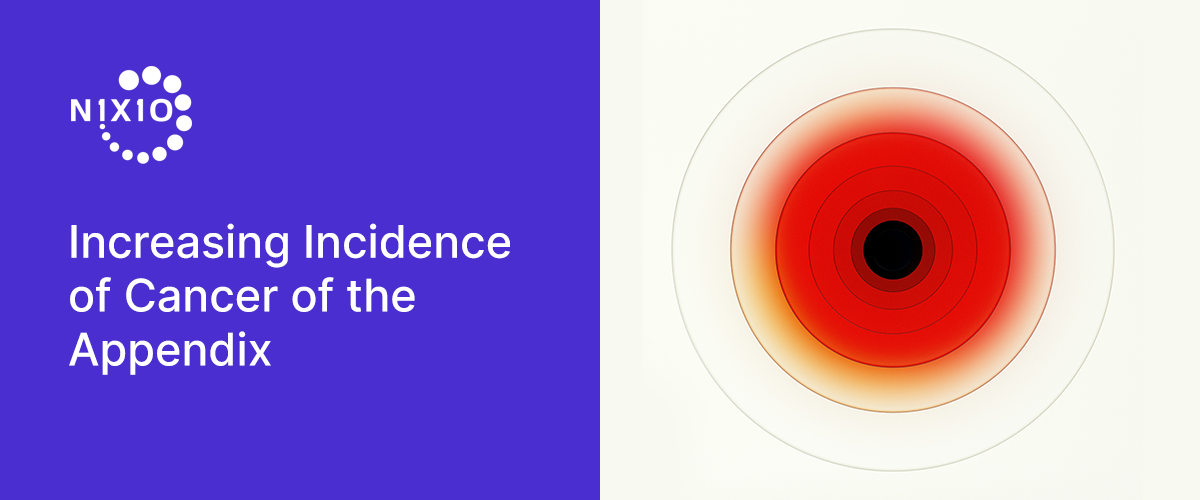Appendiceal neoplasms are an uncommon and heterogeneous group of tumors with varying histologies and clinical behaviors. They are rare (estimated 3,000 new cases in the United States each year), and accounting for less than 1% of all gastrointestinal malignancies. Yet incidence rates of appendiceal adenocarcinomas (AAs) have been increasing over the past several decades in the United States—across all age groups, sexes, and histologic subtypes.
They are often discovered incidentally during appendectomies or imaging performed for unrelated conditions. Despite their rarity, proper identification and management of these tumors are crucial, as the prognosis ranges from excellent to poor depending on histologic subtype, grade, and stage at diagnosis.
A new study (1) shows that appendix cancer is becoming more common among younger generations, mirroring a pattern that has been occurring with other cancers since the 1990s. Cancer incidence rates among members of Generation X were two to three times higher than among people born in the 1940s. Rates among older millennials, born in the 1980s, were more than four times higher. The study also reported a decreasing rate of appendectomies over the same time period, suggesting that these increasing rates of AA are likely not driven by an uptick in the diagnosis of incidental cancer at the time of appendectomy.
The new research describes what’s known as a “birth cohort” effect, or a disease becoming more common among successive generations. Such an effect lends credence to the idea that people born after a certain time have had similar exposures to something that is increasing their cancer risk more so than among people born decades before, said Dr. Andrea Cercek, a medical oncologist at Memorial Sloan Kettering Cancer Center who was not involved in the study. And the fact that researchers have seen similar generational effects in colorectal and gastric cancers suggests there may be some shared risk factors between those cancers and appendix cancer, said Dr. Andrew T. Chan, a gastroenterologist at Massachusetts General Hospital who researches the epidemiology of colon cancer and also was not involved in the study.
Similar generational effects have been seen in colorectal and gastric cancers suggests there may be some shared risk factors between those cancers and appendix cancer, said Dr. Andrew T. Chan, a gastroenterologist at Massachusetts General Hospital who researches the epidemiology of colon cancer and was also not involved in the study.
Little is currently known about the causes underpinning this increasing AA burden. Diet is one such possibility, said Dr. Chan. Consumption of ultra processed foods has increased over time, and these foods — particularly processed meats and sugar-sweetened beverages — have been associated with increased risk for colon cancer. Young people, in particular, may be increasingly exposed to the negative effects of obesity and diabetes during a time of life when they are possibly more susceptible to developing cancer, Dr. Chan added. Alcohol and changes to the gut microbiome are also thought to increase the risk of some gastrointestinal cancers. Genetics may be playing a role, as well.
In other research, Dr. Holowatyj found that 77 percent of patients diagnosed with appendix cancer presented with at least one sign or symptom of an abdominal condition, like right lower quadrant pain or bloating. Often, those symptoms lasted for months, compared with the more acute symptoms that usually cause people with appendicitis to seek care.
While there is no good way to screen for the cancer right now, scientists hope that more knowledge about the disease will lead to greater awareness of the symptoms and, hopefully, earlier detection. Due to their rarity and complexity, management of these tumors benefits from a multidisciplinary approach at centers with experience in peritoneal surface malignancies.


